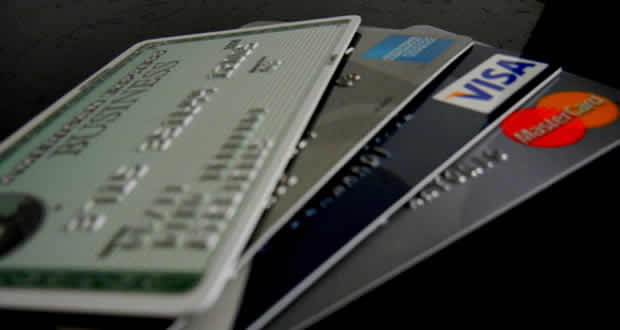Credit cards, while often viewed with skepticism, hold significant potential when managed responsibly. According to a NerdWallet poll, 26% of Americans consider them “dangerous,” and 9% even go as far as labeling them “evil.” However, financial advisors and credit experts suggest that having at least one credit card can offer various benefits. Let’s delve into why credit cards matter and how to make the most of them.
The Benefits of Having a Credit Card
When used responsibly, a credit card can serve as a valuable tool for building a strong credit profile. Experts emphasize the importance of establishing good credit. It is the foundation for qualifying for loans like mortgages or auto loans and has a far-reaching impact, influencing decisions related to renting a car, getting a job, or even purchasing a cell phone. Strong credit also translates into lower borrowing costs, making it a crucial aspect of financial well-being.
Responsible Credit Card Usage and the Pitfalls to Avoid
While credit cards offer advantages, it’s essential to understand the potential pitfalls. A significant portion of credit cardholders carries balances from month to month, incurring high-interest rates and adding to their household costs. To navigate credit card usage effectively, it is crucial to obtain a card without annual fees and an initial zero-interest period. It’s equally important to pay off the balance in full and on time each month, ensuring the subsequent interest rate is reasonable.
The Case for One Credit Card: Simplifying Debt Management
Financial experts argue that there are merits to sticking with just one credit card. By limiting oneself to a single card, individuals can streamline debt management, making it easier to keep track of payment due dates and card benefits. This approach simplifies financial responsibilities and minimizes the risk of accumulating multiple card balances. For those aiming to maintain better control over their finances, a single credit card can be an effective strategy.
Exploring the Benefits of Multiple Credit Cards
While one credit card can be advantageous, there are valid reasons for considering multiple cards. Some businesses may not accept certain card brands, necessitating the need for cards from different networks like Visa and Mastercard. Additionally, individuals who run businesses can benefit from separating personal and business expenses by utilizing two different cards. Experts recommend selecting a primary all-around card with no annual fees and attractive rewards, such as 2% cash back on all purchases. A second card can be chosen based on individual shopping habits and rewards structure.
Credit Utilization Ratio: Maximizing Credit Score Potential
Another aspect to consider when contemplating multiple credit cards is the impact on the credit utilization ratio. This ratio compares the amount of credit used to the total credit limit and plays a crucial role in determining credit scores. To maintain a healthy ratio, it is advisable to keep the utilization below 30% across all accounts. By responsibly using multiple cards, individuals can increase their overall credit limit, reducing their credit utilization ratio and potentially improving their credit scores. A lower ratio demonstrates responsible credit management.
Striking the Balance: How Many Credit Cards Are Too Many?
While multiple credit cards can offer advantages, it’s important to strike a balance. Applying for numerous cards within a short period can negatively affect credit scores, even if the balances remain low. Lenders may perceive individuals with multiple applications as overly eager borrowers, which can potentially diminish their creditworthiness. Experts recommend spacing out credit card applications over time, with no more than one or two applications within a six-month period and no more than five within a two-year span.
In conclusion, credit cards can be valuable financial tools when used responsibly. They provide an opportunity to build strong credit, access various benefits, and simplify financial transactions. However, it is essential to strike a balance, considering individual needs, spending habits, and the potential impact on credit scores. By understanding the benefits and potential drawbacks, individuals can navigate the world of credit cards more effectively, ultimately harnessing their potential for financial success.
